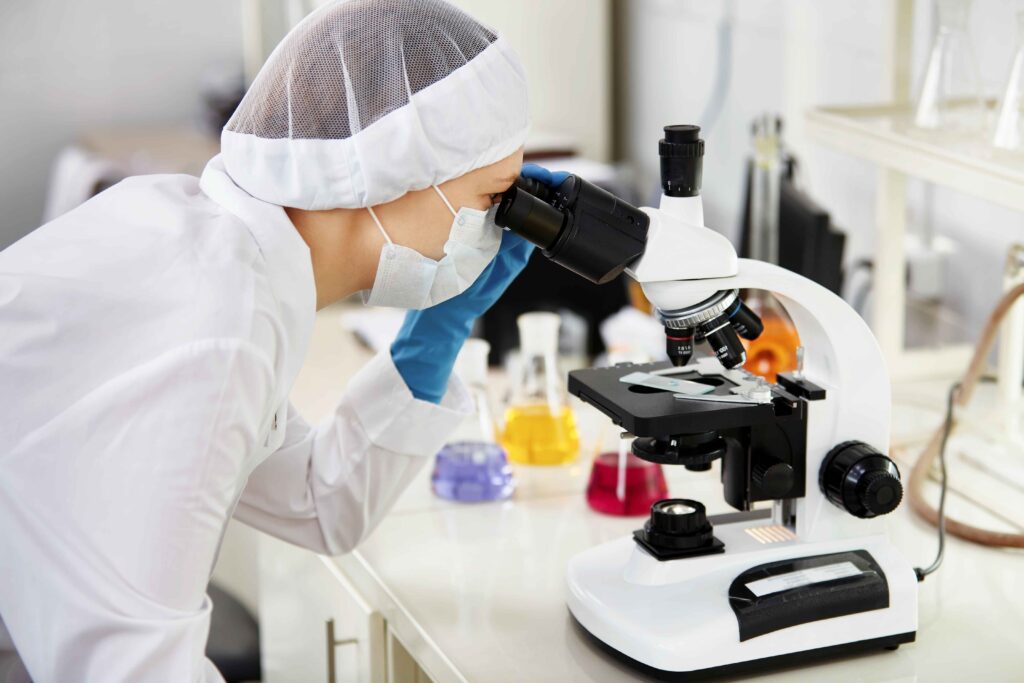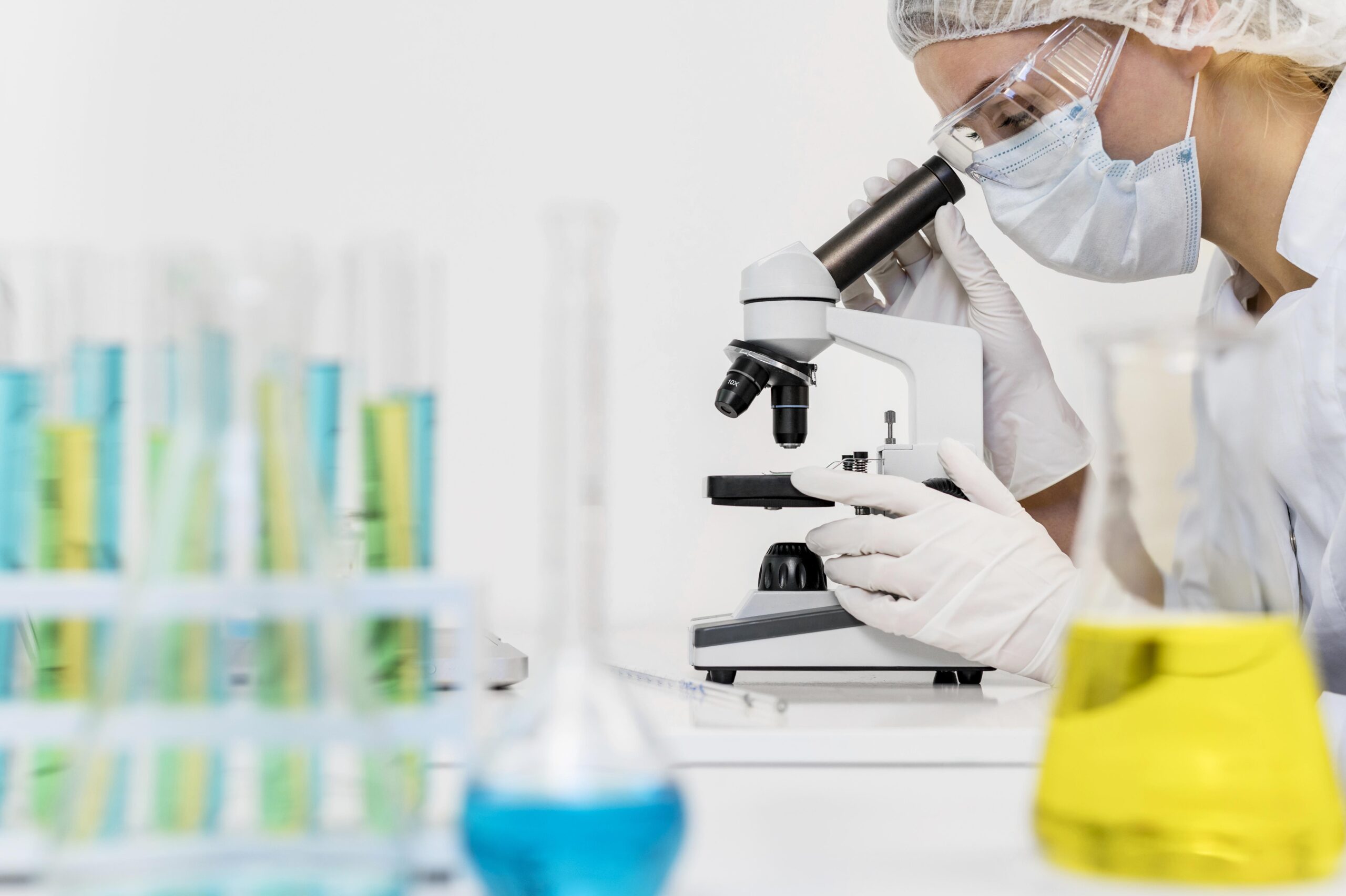High-quality testing is essential to guaranteeing that products meet the highest standards in today's consumer-driven environment, where safety and quality are non-negotiable. Customers have greater expectations than ever before for product performance and safety as they get more discriminating. Every product, including food, medications, and even technology, must pass stringent testing before going on sale. This procedure entails checking the products for pollutants, dangerous materials, or other flaws that might endanger customers. For example, testing in the food industry guarantees that products are free of pathogens that could cause foodborne illnesses, such as Salmonella or E. coli. Similar to this, thorough testing in the pharmaceutical sector guarantees that medications are safe, efficient, and devoid of negative side effects. In electronics, it guarantees
What is High-Quality Testing?
The methodical assessment of items to make sure they fulfill performance, quality, and safety requirements is known as high quality testing. Testing for impurities, flaws, and hazardous compounds that can jeopardize a product's operation or safety is part of this procedure. testing, for example, guarantees that items in the food business are free of dangerous pathogens like Salmonella or E. coli. In the pharmaceutical industry, it confirms that medications are safe for human usage and effective. Manufacturers can ensure the safety and quality of their products before they are delivered to customers by addressing possible risks early.
Ensuring Regulatory Compliance
High-quality testing for regulatory compliance is among its most important features. Every industry is subject to strict safety and quality standards established by regulatory bodies like the FDA, FSSAI, or ISO. If a product doesn't satisfy these requirements, there may be harsh repercussions, such as fines, recalls, or even outright bans. Businesses may guarantee compliance and obtain the certifications required to confidently launch items into the market by collaborating with a reputable quality testing lab. Therefore, achieving regulatory requirements and minimizing needless risks require high-quality testing.
Enhancing Consumer Trust
Today's consumers expect the brands they support to be transparent and safe. Customers are reassured that a product satisfies the promised standards of safety and quality when it passes stringent, testing. In a cutthroat market, this enhances brand reputation by fostering loyalty and trust. For example, food items that have undergone testing for nutritional accuracy and the absence of dangerous ingredients not only appeal to consumers who are concerned about their health but also foster a sense of dependability. By investing in high-quality testing, companies position themselves as responsible and customer-focused, a factor that significantly influences buying decisions.
Reducing Financial Risks
Ignoring high-quality testing might have serious financial repercussions. When defective products are released onto the market, they can lead to expensive recalls, legal action, and irreversible harm to a company's brand. testing, on the other hand, detects possible problems during manufacturing, reducing these risks. For instance, a corporation can avoid the financial and brand harm of a nationwide recall by testing a batch of packaged foods for contamination before delivery. Manufacturers may guarantee that their goods fulfill all relevant requirements and prevent needless financial losses by collaborating with a reputable quality testing laboratory.

Driving Innovation and Improvement
In addition to guaranteeing safety, thorough testing gives producers insightful information that helps them enhance their goods. Businesses can find flaws in their formulas, designs, or materials by examining the outcomes of thorough testing. These insights spur innovation, enabling companies to produce safer, more effective goods that both meet and surpass customer expectations. For example, in the electronics sector, testing performance and durability enables businesses to improve their designs, producing more dependable and effective equipment. As a result, thorough testing is essential to both product development and ongoing improvement.
Expanding Global Market Reach
Access to international markets is made easier by testing, which is another important benefit. Standards and laws governing items vary from one country to another. For example, the United States has its own set of rules for everything from food to medical devices, while the European Union has its own set of strict safety requirements for goods entering its market. Businesses can increase their market reach by ensuring that their products are eligible for export and conforming to these international standards through thorough, high-quality testing. Businesses can increase their competitiveness in global markets by demonstrating that their products meet international regulations through high-quality testing conducted by a recognized quality testing facility.
Industries That Rely on High-Quality Testing
In all businesses, high-quality testing is crucial, but in some, its importance is especially clear. For example, testing is used in the food and beverage industry to make sure products are free of toxins and fulfill nutritional claims. Testing in the pharmaceutical industry guarantees the efficacy and safety of medications, safeguarding the general public's health. In a similar vein, testing is used in the cosmetics sector to confirm that products are safe to use and devoid of dangerous ingredients. Collaborating with a quality testing lab in each of these sectors guarantees adherence to safety regulations and fosters customer trust.
Conclusion
Quality testing is more crucial than ever in a time when consumers want safety, transparency, and quality. In addition to reducing financial risks and promoting product innovation, it guarantees consumer trust, regulatory compliance, and product safety. Businesses that place a high priority on quality testing not only safeguard their clients but also improve their own standing and ability to compete. Businesses can satisfy these requirements and produce goods that are unique in the market by collaborating with a reputable quality testing lab. Superior testing is a dedication to quality and consumer safety, not only a legal necessity. Furthermore, the importance of high-quality testing in supporting global trade and market access is growing as global markets continue to expand. Purchasing top-notch testing is an investment.
As consumer expectations grow, businesses must rise to the challenge of offering products that are not only safe but also high-performing. By prioritizing high-quality testing, companies can provide their customers with the peace of mind they deserve, building long-lasting trust and ensuring their products continue to meet the evolving demands of a global marketplace.

